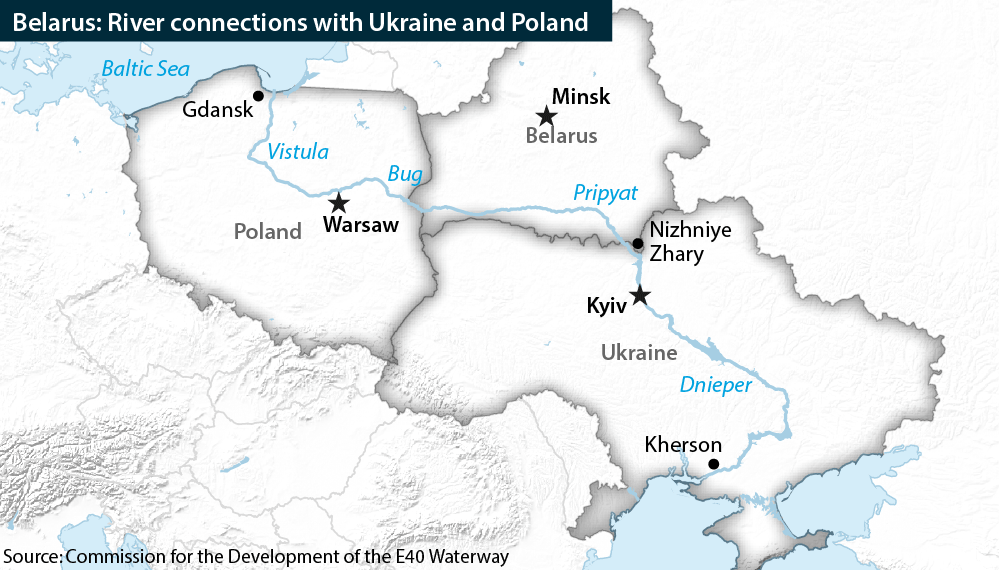To: Committee of Experts (the – “Committee”)
Council of Europe
European Charter for Regional or Minority Languages
DG II - Directorate of Human Rights and Anti-discrimination
Agora Building, 1 quai Jacoutot
F-67075 Strasbourg Cedex, France
Dear Committee Members,
Using this opportunity, please, let us avail ourselves. We are writing to you based on Article 16(2) of the European Charter for Regional or Minority Languages (the “Charter”). The following is to bring your attention to adoption by the Ukrainian Parliament of the Law of Ukraine “On the Basis of the State Policy on Languages” dated 3 July 2012 (the “Law on Languages”). According to the explanatory note to the Law on Languages, its purpose was to ensure implementation of this law in Ukraine. However, it appears that the real purpose behind the Law on Languages is to return to practice of imposing the Russian language usage throughout Ukraine. Article 7(2) of the Law on Languages, in the context of the Charter, includes the list of languages subject to measures aimed at supporting usage of regional languages and minority languages. This list, in particular, includes the Russian language, but does not include the other languages, for instance, Check language. The Russian language was also included into such list by the Law of Ukraine “On Ratification of the Charter” dated 15 May 2003 (the “Law on Ratification”). In our view, the adoption of the Law on Languages in the current version contradicts to the purpose of the Charter. In particular, the authors of the Law on Languages and the Law on Ratification include the Russian language into the list of regional or minority languages which require protection under Charter. However, under Article 1 of the Charter these may only include those languages, which are “traditionally used within a given territory of a State by nationals of that State who form a group numerically smaller than the rest of the State's population”. It appears that Russian language does not fall under this definition, because it was not traditionally used by the population which lived on the territory of the today’s Ukraine. The usage of this language by the significant quantity of population today is the result of the long forcible process of imposing the usage of this language in Ukraine in relation to population which lived on the territory of today’s Ukraine, which at certain period of its history was included into Carz’s Russia. Afterwards, when bolsheviki invaded the UkrainianPeoplesRepublic, this policy of forcible imposing of Russian language was continued when Ukraine was included into the Soviet Union. In its report dated 7 July 2010 (the “Report”) the Committee noted that Russian language in Ukraine in fact achieved higher level of protection than the level of protection available under the Charter following it ratification in any country. In the Committee’s view the Law on Ratification puts Russian language into the same position which other languages which really require protection have, which is not in line with the Charter’s philosophy, because a lot of Ukrainians consider Russian language as their mother tongue. Therefore, it does not require same level of protection as other languages do. Thus, the level of protection provided to Russian language by the Law on Ratification is too high. The Committee also requested the responsible Ukrainian authority to consider this inconsistency and amend the Law on Ratification accordingly. Please note that the Ukrainian authorities did not consider the inconsistencies raised in the Report. To the contrary, the Ukrainian Parliament adopted the Law on Languages, which defines the Russian language as regional language which requires protection. Also, this law introduces the quantitative principle of application measures available under the Charter (if at least 10 per cent of the population of the respective territory speak the respective language), which is contrary to the requirements of the Charter. Besides, certain provisions of the Law on Languages require special treatment of the Russian language within the whole territory of Ukraine. In particular, Article 10(1) the Law on Languages requires mandatory publication of all legislative acts of higher state authorities in Russian language in addition to such publication in Ukrainian language which will lead to significant pressure on state budget. Essentially, money of all tax payers will be spent, because certain parts of Ukrainian citizens do not know Ukrainian language and do not want to learn it in the future. If the Law on Languages will not be amended immediately to cease inappropriate support of Russian language, in practice this will lead to mandatory imposing of Russian language and the usage of the Ukrainian language will decline in all areas of life. Therefore, we are asking the Committee to consider the consistency of the Law on Languages with the Charter and bring to the attention of the Ukrainian authorities that it is not acceptable to use the Charter to justify support of the ineligible languages which will lead to affection of languages which really require protection (including state languages).Kind regards,
Maxim Hlotov
Editor's note.This letter was sent shortly after the 'Language Law' was adopted on July 3, 2012





